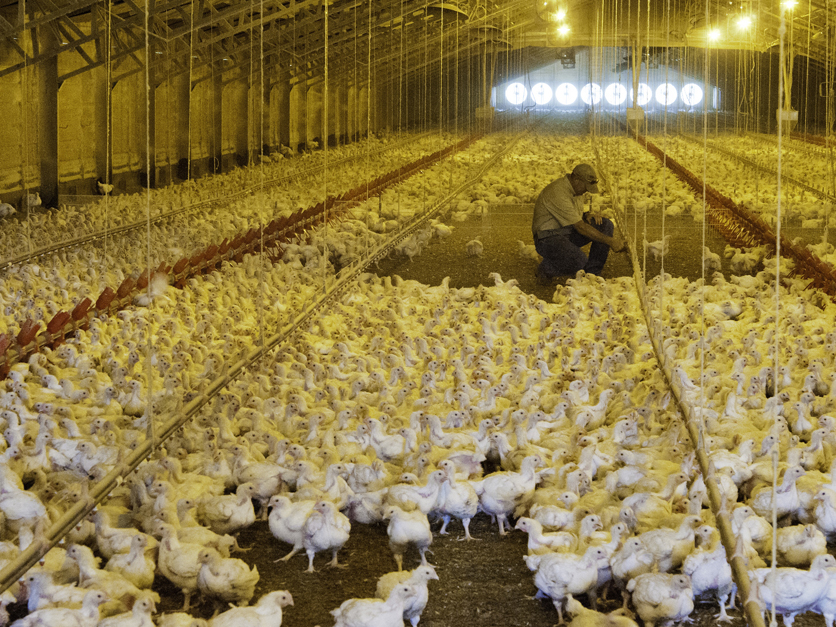SOUTH KOREA, August 9, 2017 - South Korea is expected to lift its ban on U.S. poultry as early as Friday and China may do the same not too long afterwards, paving the way for a major boost in U.S. chicken, egg and turkey exports, according to industry and government officials.
South Korea is expected to lift its ban on U.S. poultry as early as Friday and China may do the same not too long afterwards, paving the way for a major boost in U.S. chicken, egg and turkey exports, according to industry and government officials.
South Korea has banned U.S. poultry several times over the past couple years because of highly pathogenic avian influenza outbreaks, painting an unreliable picture of normal trade. However, in 2014 the Asian country imported about $122 million worth of product, making it a lucrative foreign market.
A March outbreak of HPAI at a Tennessee broiler breeding operation prompted South Korea’s latest ban on U.S. poultry.
China is potentially even bigger and historically a major importer of poultry products like chicken feet, which there is virtually no market for here in the U.S.
“(The National Chicken Council) has been working with our government for the past two and a half years to reopen those markets for U.S. chicken exports,” spokesman Tom Super said. “China at its peak totaled $722 million (per) year in US broiler exports; and these Asian nations are an important market for our chicken paws.”
As for South Korea, the country is in dire need of poultry – especially eggs – because it’s gone through serious bird flu outbreaks itself. The latest was in June, and a Korean government official tells Agri-Pulse the country is counting on importing again soon from the U.S.
A sure sign that South Korea is preparing to welcome U.S. poultry products is that just last month the country announced that it would be dropping all import duties on 28,000 tons of egg products from the U.S. until the end of the year.
The U.S. will be able to export 13,000 tons of fresh eggs, 8,200 tons of frozen whole liquid eggs, 4,300 tons of frozen egg yolks, 1,200 tons of dried whole eggs, 600 tons of hatching eggs, 300 tons of dried egg yolks, 200 tons of dried egg whites, 100 tons of smoked eggs and 100 tons of frozen egg whites duty-free for the rest of 2017, according to the U.S. Poultry and Egg Export Council (USAPEEC).
Friday marks the 90th day since the U.S. officially declared that it is free and clear of any bird flu contamination after the most recent outbreak. The World Organization for Animal Health, which also goes by the French acronym OIE, recommends that importing countries can safely lift any bans 90 days after that declaration.
There is nothing requiring South Korea to lift its ban as soon as possible, but USAPEEC President Jim Sumner said he’s confident the country will act quickly.
“We fully expect that to happen – even before I saw the notice on the suspension of the duties – because Korea desperately needs product, especially the eggs, but broilers and turkey products as well,” Sumner told Agri-Pulse. “This comes as good news to our industry.”
While Friday is the soonest South Korea could lift its ban on U.S. poultry, a government source warned that there is no official schedule set yet and Monday is a more likely date.
#30


